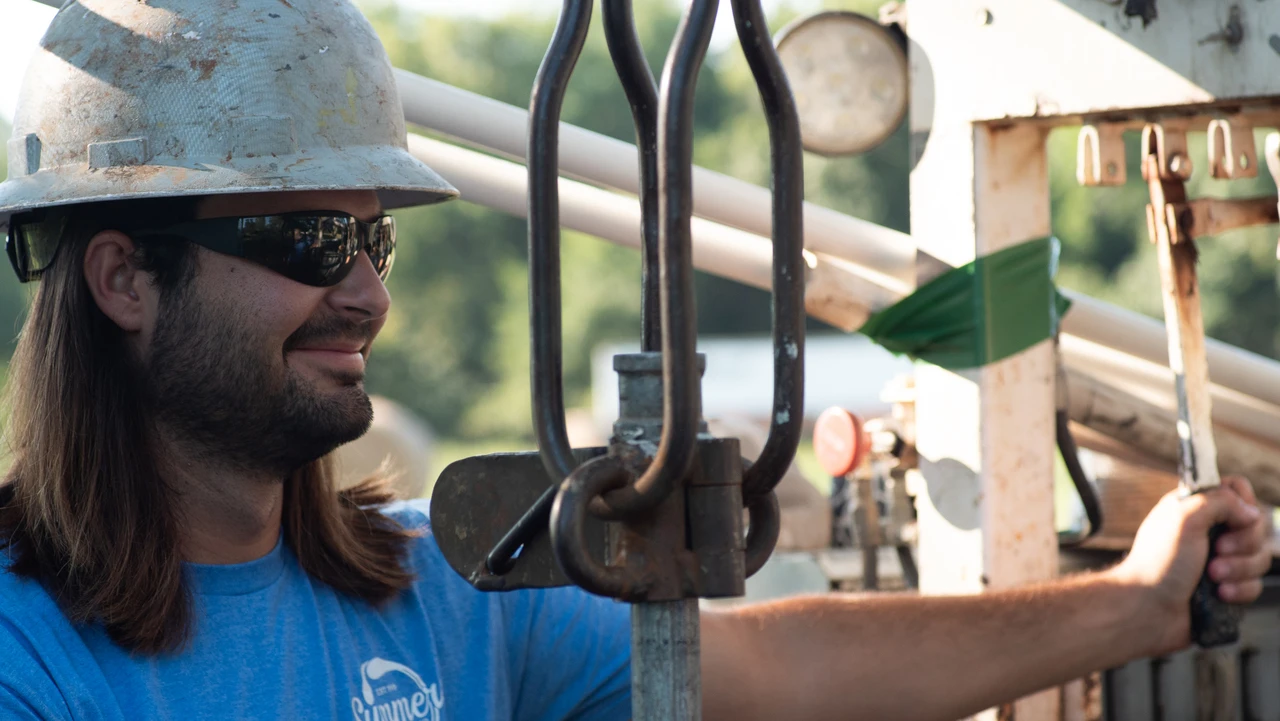
Well Testing Services
Comprehensive well testing services including water quality testing, flow rate testing, and well inspection in Northwest Arkansas.
Concerned about the quality of your water, or the flow rate of your well? Lay your fears to rest with our thorough well testing services.
What is Well Testing?
Well testing covers a number of potential hazards, including:
We're able to perform many common well tests in-house, saving you time and money versus hiring out a third party for testing.
Types of Well Testing
Flow Rate Testing, aka Yield Testing
When testing flow rate, we measure how many gallons per minute a well can sustainably deliver. This assists when sizing a pump, as well determining whether the well meets a home or farm's needs.
Water Quality Testing
We test for contaminants like bacteria (E. coli, coliform, etc) and heavy metals, in addition to checking the hardness, pH, and mineral content of your well water.
Camera Inspection
Summers Well Drilling is unique in that we have the in-house capability to perform downhole camera inspection for wells and casings. This can help expose the following hazards:
FAQ
How is well water tested?
Water is sampled from your tap or system and tested for bacteria, hardness, sulfur, iron, and other contaminants. Summers offers many tests in-house and can send samples to certified labs when needed. We also inspect the well itself if problems are suspected.
How is E. Coli contamination treated?
We start with shock chlorination to disinfect the well, followed by retesting. If the problem persists, we inspect the casing or seal (using a camera if needed) and may recommend adding UV filtration for ongoing protection.
What happens if heavy metals are found in my well?
We'll help confirm the source, then recommend treatment - usually with reverse osmosis or point-of-use filters. For serious cases, we work with certified labs and local health authorities to ensure safe results.